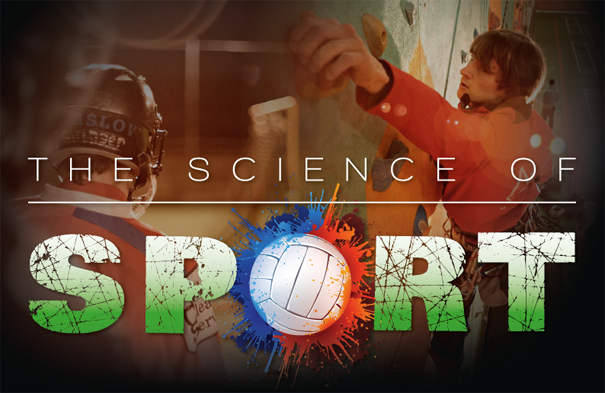What does and exercise physiologist do?
Exercise physiologists study how people’s bodies respond to muscular activity. They support people to improve their performance and to improve their fitness.
Day-to-day activities will depend on where you work, who you are working with and whether you are a clinical exercise physiologist.
Who employs exercise physiologists?
- Big sporting associations
- Sports companies
- Sports clubs
- Universities
- Hospitals
Clinical exercise physiologists tend to work in hospitals. They advise people with health issues such as heart disease.
Work as an exercise physiologist working with athletes will get involved with devising training programmes and monitoring training by measuring physical outputs like respiration and metabolism.
What qualifications do I need to be an exercise physiologist?
You will need a degree in sports science or something related to sport science. You could look for a degree course that is accredited or recognised by The British Association of Sport and Exercise Sciences (BASES)
What kind of skills will I need to be an exercise physiologist?
In addition to the skills and knowledge that you would gain by studying for an academic qualification in sports science, you will need:
- To be able to work well as part of a team
- To be able to report on and present information
- The ability to support and motivate other people
- Great communication skills
If you choose to work as an exercise physiologist, expect:
To work with other people
To test and monitor athletes
To teach athletes about how to optimise their performance
Related jobs include sports coach and fitness trainer
 Moving On magazine Careers and Qualifications for School Leavers
Moving On magazine Careers and Qualifications for School Leavers

